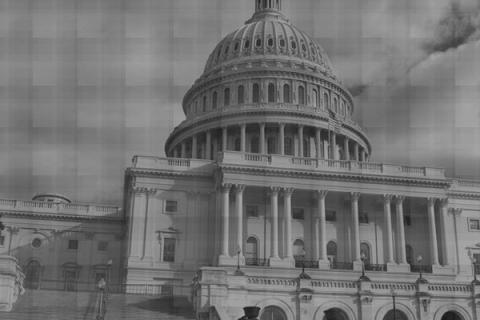A Sacramento judge ruled last week that the State of California can raid $2 billion of local redevelopment money and use it to pay for schools.
A spokesperson for Gov. Schwarzenegger said “We dodged a bullet. This would have added $2 billion to our deficit." Well, yes, but that $2 billion comes from local entities, who now will have a shortfall and not be able to fund projects meant to create jobs.
This is robbing Peter to pay Paul, short-sighted, guaranteed to anger and alienate local governments, and is a desperation measure at best. It certainly shows how severe the financial crisis in California has become. It is also a remarkably politically tone-deaf statement for the governor’s office to make, in effect gloating because they took $2 billion not theirs from someplace else.
Not surprisingly, municipalities are rebelling at such a money grab with some, like Sonoma County openly contemplating refusing to pay. This ill-advised money grab is bound to create massive friction and discord between the State of California and local entities. Shouldn’t we be trying to work together here instead?
California is projected to have a budget shortfall of $20 billion for the fiscal year starting in July and tax revenues for the all-important month of April were down $3 billion, 30% off estimates. As one who has followed the budget crisis for quite some time, I can say without fear of contradiction that estimates by California of future revenue are always too high while estimates of the deficit are always too low. Californians need accurate numbers arrived at in a responsible manner rather than the endless numbers that are always too optimistic and quite probably engineered for political effect in an attempt to cushion the blow.
California Treasurer Bill Lockyer earlier this month sent a letter to several large banks asking if they are using credit default swaps (CDS) to bet against the state and whether this is having an adverse effect on the state’s woeful credit rating and rising interest rate expenses. I’m guessing the response from the banks will be No.
Credit default swaps are a way for institutional investors to hedge or speculate on the credit worthiness of an entity. In effect, one side buys insurance on the underlying while the other sells it. Can CDS traders be predatory? Absolutely. But they can’t force something healthy down. It’s almost a given in investing that if top honchos at an organization start blaming the short-sellers, then that organization is probably wounded - and this will only encourage the shorts to pile on even more.
Switching gears to the gubernatorial race, Meg Whitman and Jerry Brown, the presumptive major party candidates for governor, still are not addressing the deficit in any detailed way. Meg Whitman’s campaign site says she will create jobs, cut spending, and fix education, which certainly sounds great. But how will spending be cut when creating jobs and rebuilding schools unquestionably will cost considerable sums? She only alludes to the deficit. Jerry Brown’s site is even worse; it doesn’t mention the deficit at all.
California voters deserve real plans, not campaign fluff.
Marc Ambinder at The Atlantic proposes some real solutions. California currently has an utterly unworkable system that says budget matters must pass by a two-thirds majority. Eliminate it and go back to a simple majority. Require that any new state programs be self-funding or funded in a way that insures they remain solvent. Unfunded liabilities are a primary reason for the current California budget train wreck. Revamp the broken proposition system and require that prospective propositions be deemed constitutional before they go on the ballot, and that they explain where the money will come from to fund them.
The answers for California’s budget problems already exist. All that’s required is the political will to implement them.

